Middle School Parent Preview Night May 26, 2021 Presentation
Expeditions Are Our Core
Our teachers produce expeditions that allow our students to soar. Each trimester students undertake a new expedition learning Science, Social Studies or English Language Arts core standards through the lens of some overarching guiding questions. Throughout the expedition, students will work with experts in the field, do fieldwork, analyze their research, and collaborate to produce a high quality finished product for an authentic audience, often with a component of service. Our students are authors, artists, scientists and advocates.
Examples of Expeditions
Hero’s Journey: 6th Grade Expedition
In this Expedition, students are involved in a deep study of mythology, its purposes, and elements. Students start to read Rick Riordan’s The Lightning Thief. As they begin the novel in Case Study 1, students also will read a complex informational text that explains the archetypal storyline of the hero’s journey, which has been repeated in literature throughout the centuries. Through the close reading of literary and informational texts, students learn multiple strategies for acquiring and using academic vocabulary. In Case Study 2, students conduct an independent study of an ancient civilization anywhere in the world. Students work with mythology experts, storytellers, and artists throughout the trimester. They continue to build informational reading skills through the close reading of texts about the elements of myth. Much of this expedition centers around Joseph Campbell’s work with archetypal characters found in myths from around the world. As a whole class, student closely read several complex Greek myths. In Case Study 3, students shift their focus to narrative writing skills. A series of writing lessons will scaffold students to their final product which includes an original narrative and a mixed media mask.
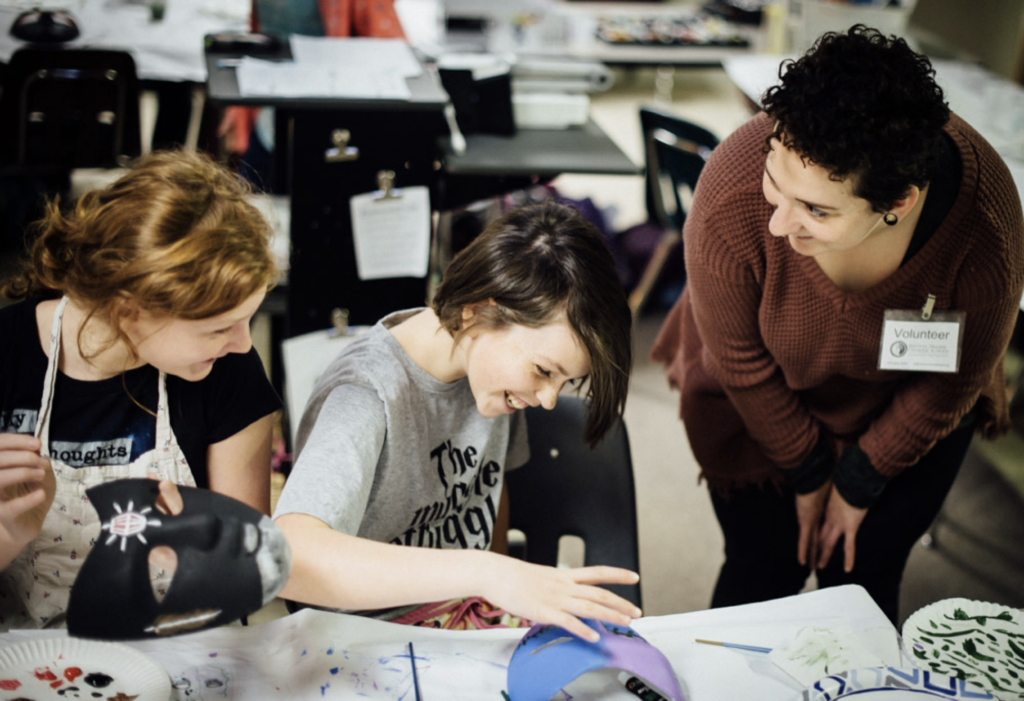
Sixth grade students work with an art expert to create masks representing their mythical hero as part of their English Language Arts exhibit, The Hero’s Journey.
Blackfish Effect: 7th Grade Expedition
The Southern Resident Killer Whales are a genetically, culturally, and linguistically distinct group of orcas. During the course of the first case study students gain an understanding of oceanography, marine mammal biology, and the legal aspects of governmental agencies and policies guiding the recovery efforts for these critically endangered killer whales. In addition, they study the ecological and cultural importance of chinook salmon (the primary diet of the Southern Residents) in both inland and coastal areas. As part of this study, students visit and examine the impact of the Snake River Dams and meet with both western and indigenous scientists in our local area as well as the Puget Sound area. In the second case study students develop an understanding of the role of killer whales in the Coast Salish cultures as well as traditional formline art. The central thread woven throughout this expedition is the use of art for expression across a multicultural spectrum. Each student creates several art pieces throughout the expedition that range in topic and medium. Last years art pieces are on display at the Center for Whale Research in Friday Harbor.
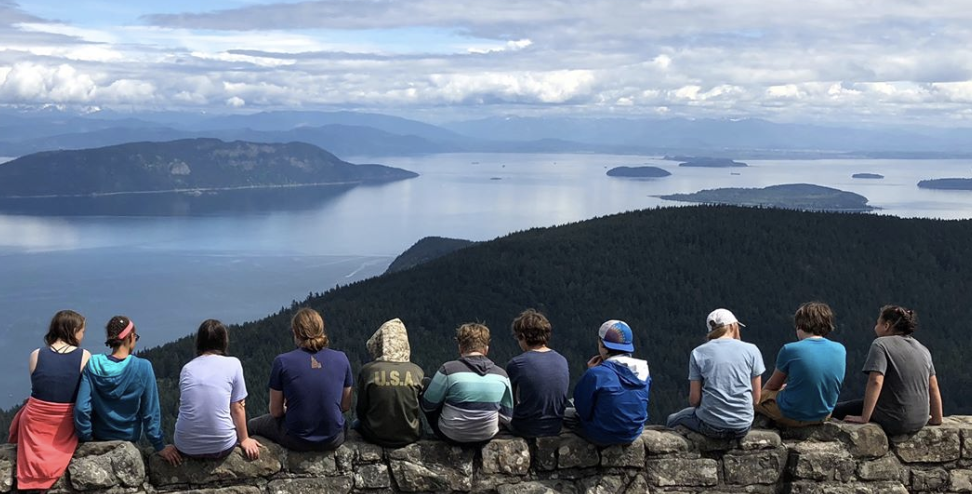
Plugging Into Sustainability: 8th Grade Expedition
This expedition focuses on energy: what it is; how do we use it; and what makes our use of energy sustainable. Students spend the first part of the expedition examining the fundamental components of energy, atomic structure, and energy transfer. They visit the UI Steam Plant, the WSU nuclear reactor, and other local energy programs such as the UI diesel laboratory to evaluate energy transfer first hand. Then they focus on the components of our energy system, human reliance on carbon-based energy, the carbon cycle, and the impact on global climate. Finally, students examine our energetic impact by determining our ecological footprint. Each year, students create a final product that serves their community. Examples have been a solar feasibility study for the Moscow City Pool and projects to mitigate the impacts of climate change and presented to Moscow City Sustainability Commission in support of implementing eBikes.
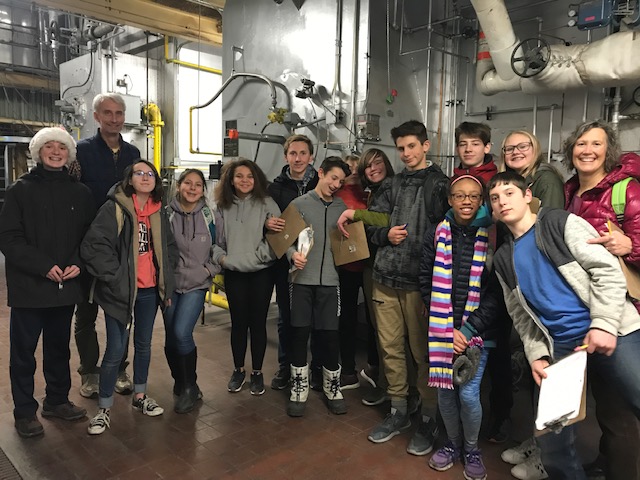
Character Education in Middle School
Our approach to teaching and learning in the middle school engages our students to become self-motivated learners, think critically, take active roles in their classrooms and communities. Our school gives students the academic and character-building skills they need to reach their fullest potential. Our middle school program is specifically aligned with the research to support the adolescent brain. Structures and protocols prioritize social learning. Middle school students each have a CREW teacher that leads a multi-age CREW in social and emotional learning tackling topics relevant to the adolescent brain. An emphasis on character development in conjunction with academic rigor, helps students develop a strong sense of self, have empathy and compassion for others and the world. All of this rests on a school-wide foundation of empowering leadership and a culture based on the idea that “We are crew, not passengers!” These components create a platform for students to develop the habits and dispositions to contribute to a better world.
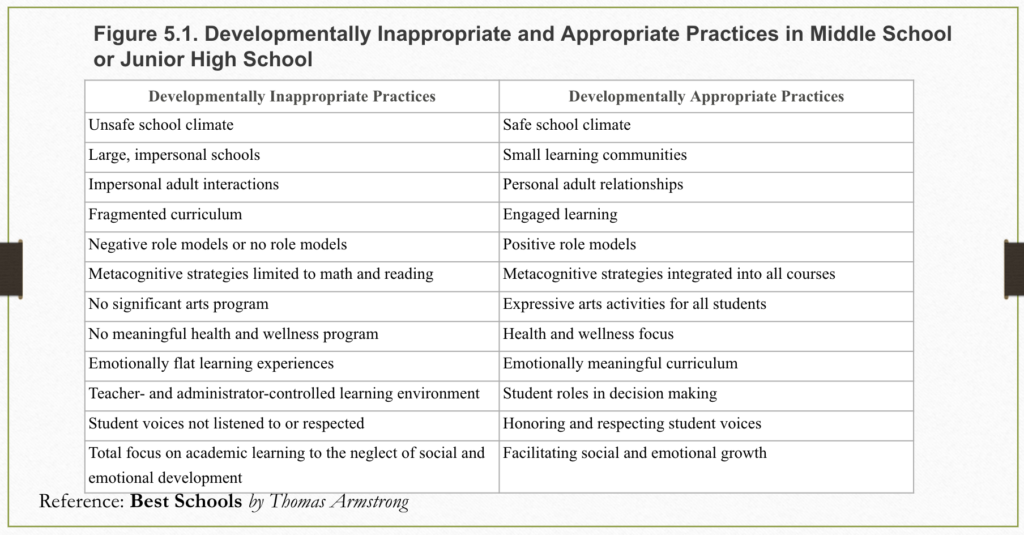
To gain a comprehensive understanding of our Middle School Program, view our Middle School Course Guide.
Our Results
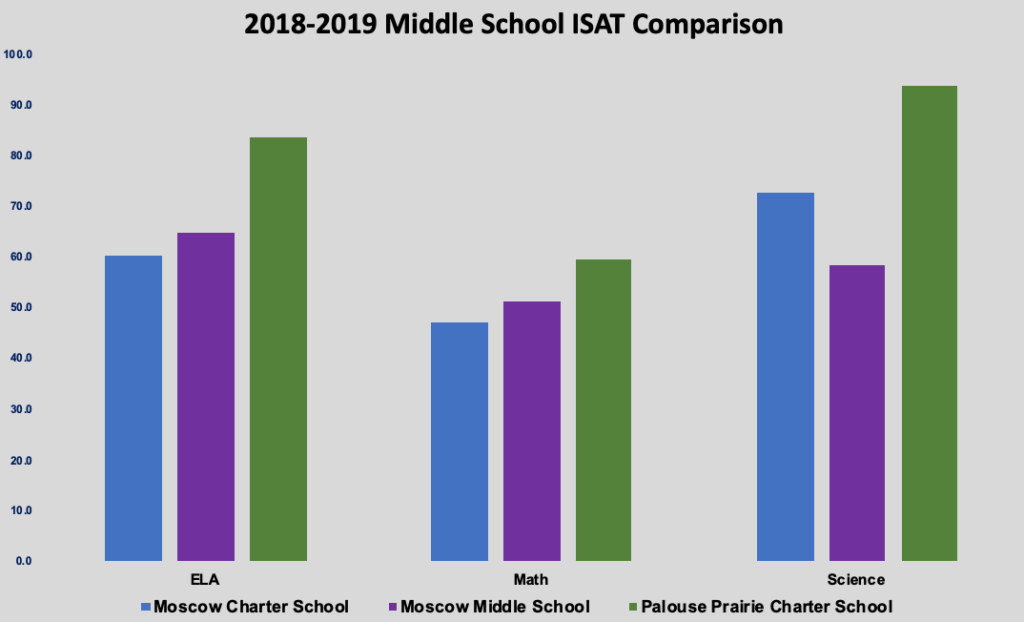
8th Grade Graduation: Hear how students reflect on themselves as learners and how deeply the staff know their students.

